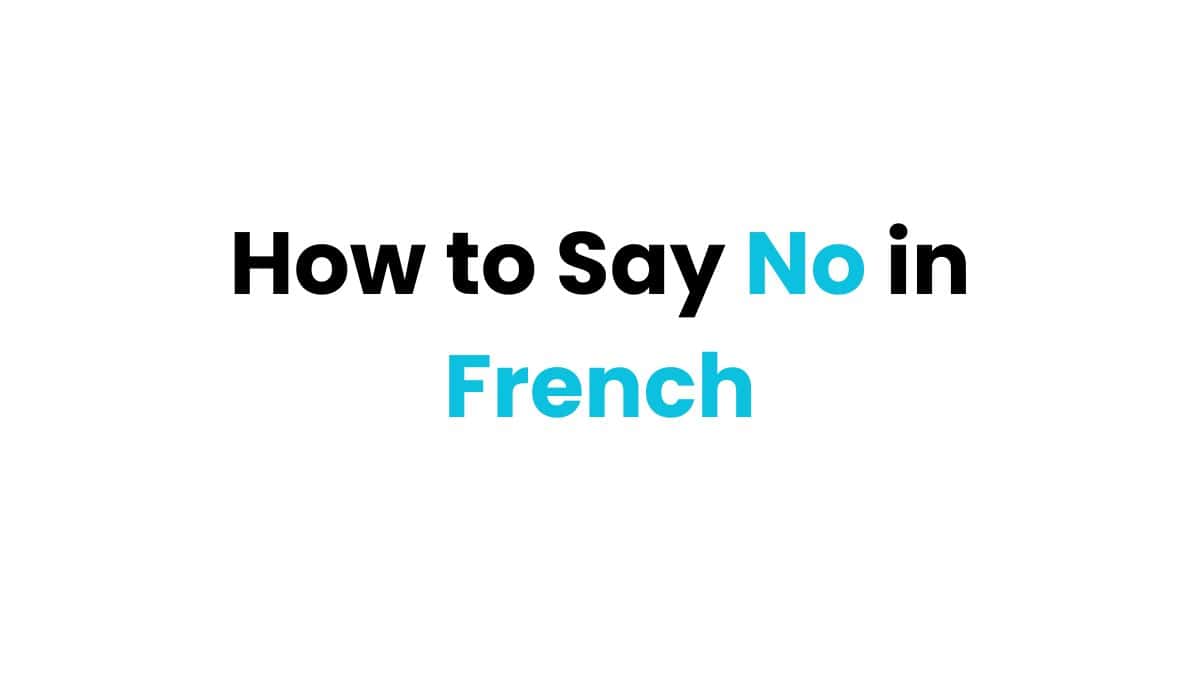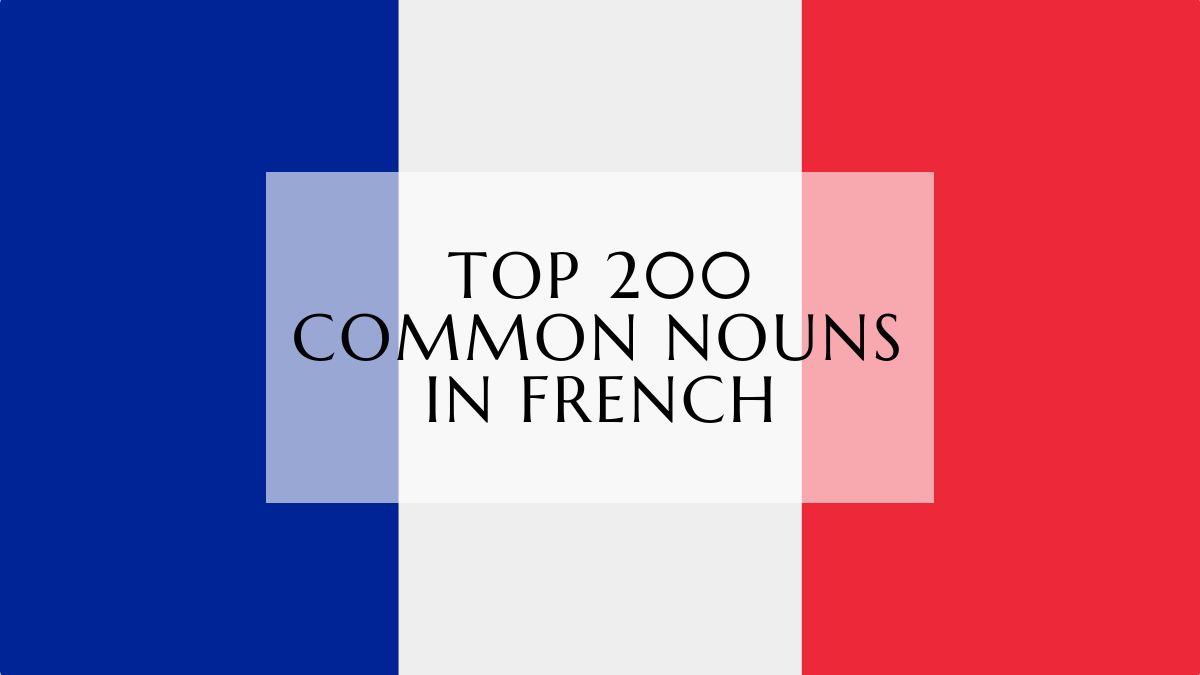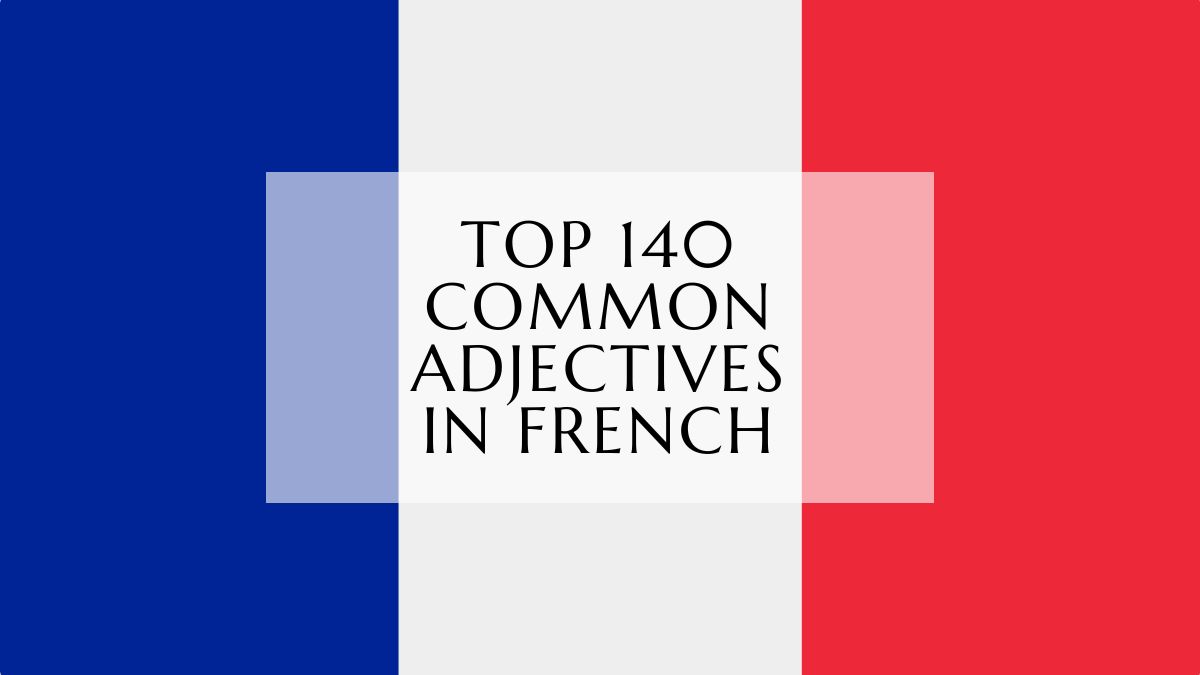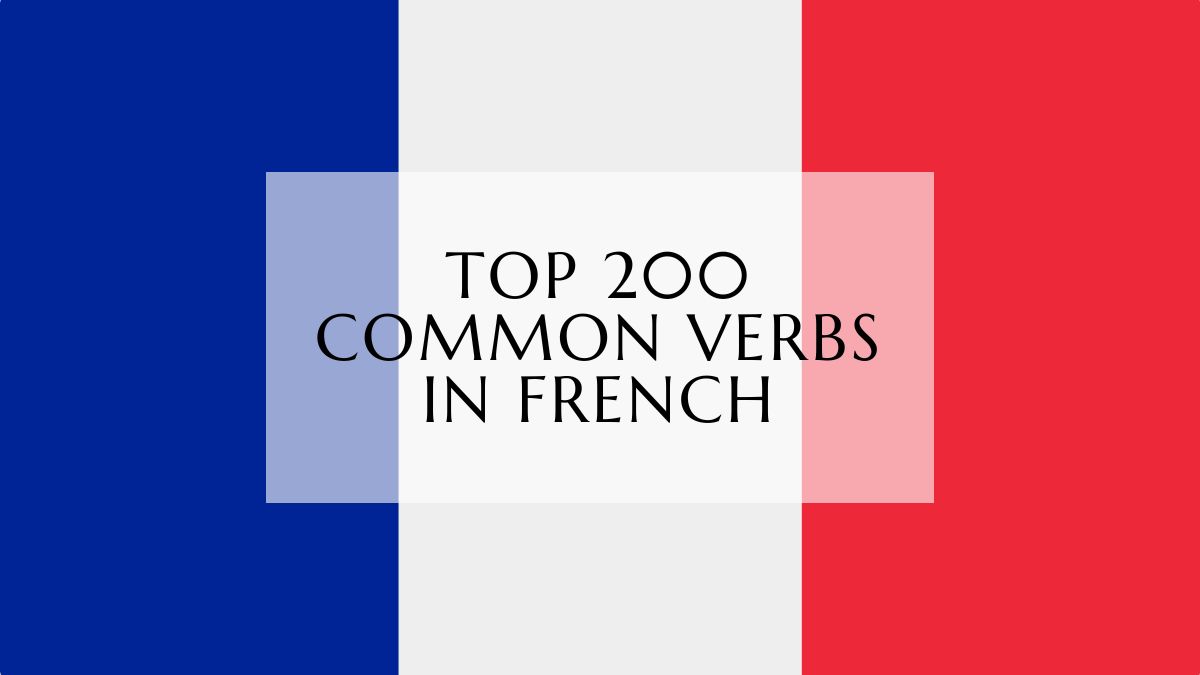Learning to say “no” in French is key for anyone studying the language. This guide will teach you various ways to say “no,” from simple “non” to polite refusals. You’ll learn to handle French conversations with ease, whether you’re new or advanced.

The French language has many ways to say “no,” each with its own meaning. You’ll learn the basics like “non” and “nan,” and polite phrases like “non, merci.” Knowing these expressions helps you communicate clearly and avoid misunderstandings.
This guide also covers more expressive phrases like “je ne pense pas” and “jamais.” These help you express negation with more emphasis. You’ll become better at handling conversations, whether you’re turning down an invitation or sharing your opinion.
The Basics of Saying “No” in French
Saying “no” in French is simple. The most common word is “non.” It’s used in many situations, from formal to casual. The “o” sound in “non” is more emphasized than in English “no.”
Non: The Simple French Word for “No”
“Non” is a direct and versatile word for saying “no.” It fits most situations well. The way you say “non” can also show how firm or gentle your refusal is.
Nan: The Casual Way to Say “Nope”
In casual French, “non” often sounds like “nan.” This is common in everyday talks, texts, and comics. Using “nan” shows a relaxed, friendly tone.
Knowing how to say “no” in French helps you in many social situations. It lets you express your wishes clearly and confidently.
Polite Ways to Say “No” in French
When you need to say no nicely, “non, merci” is a good choice. It combines “no” with “thank you,” making it polite. This is great for formal or professional settings.
“Pas du tout” is another polite way to say no. It means “not at all” and is stronger than just “non.” It’s formal and polite, perfect for serious situations.
| French Phrase | English Translation | Formality Level |
|---|---|---|
| Non, merci | No, thank you | Formal/Polite |
| Pas du tout | Not at all | Formal/Polite |
Learning to say no politely in French is useful. It helps you handle social and professional situations well. Using “non, merci” and “pas du tout” keeps your tone positive and respectful.
No in French: Expressing Negation with Nuance
To say “no” in français in a softer way, use “je ne pense pas,” meaning “I don’t think so.” This phrase shows you’re unsure or hesitant. It’s great for when you’re not sure or don’t want to say a clear “no.” It helps you say “no” in a more delicate way.
Je ne pense pas: “I Don’t Think So”
The word “jamais” in French means “never.” It’s used for a strong “no.” Saying “jamais” alone or in “ne…jamais” shows you’re very sure. It’s perfect for when you mean to say “no” without any doubt.
Jamais: The Emphatic “Never”
Using “je ne pense pas” and “jamais” adds depth to your français “no.” These phrases let you express “no” more clearly and subtly. They help you fit your français “no” to the situation and your level of certainty.
Oualid Cheddadi is the founder of Lingualid, a platform that inspires independent language learners worldwide, regardless of the language they are learning. The name “Lingualid” is derived from the Portuguese word for “language,” “língua,” and the last three letters of Oualid’s name, “Lid.”



